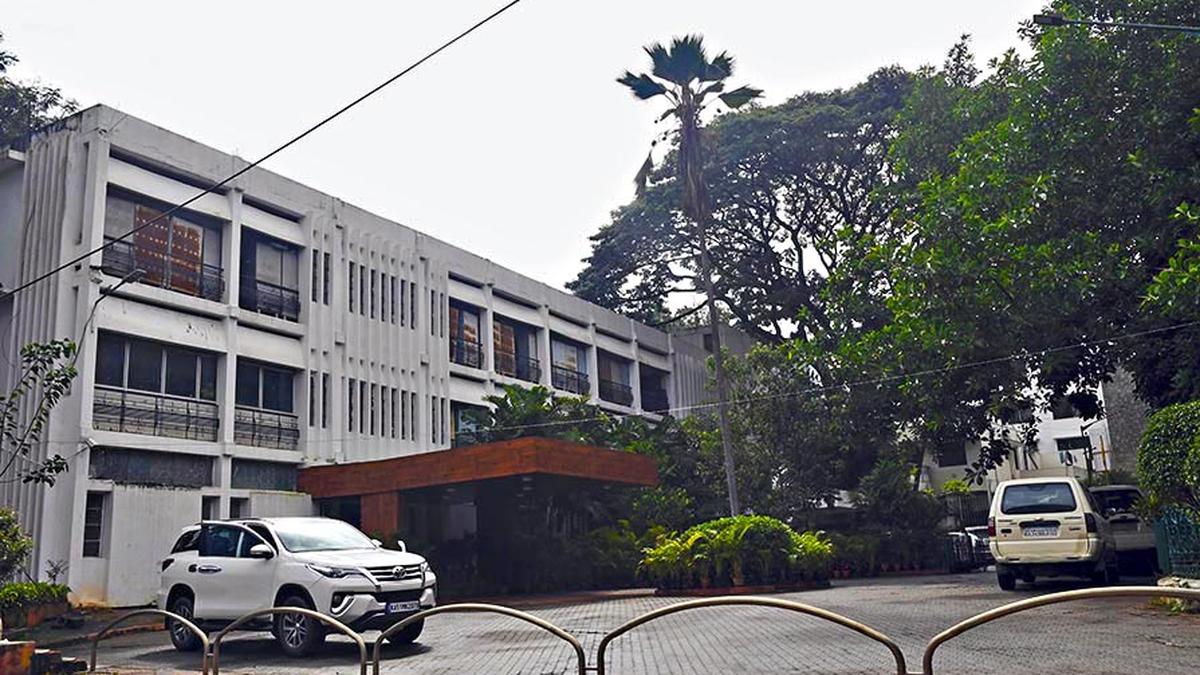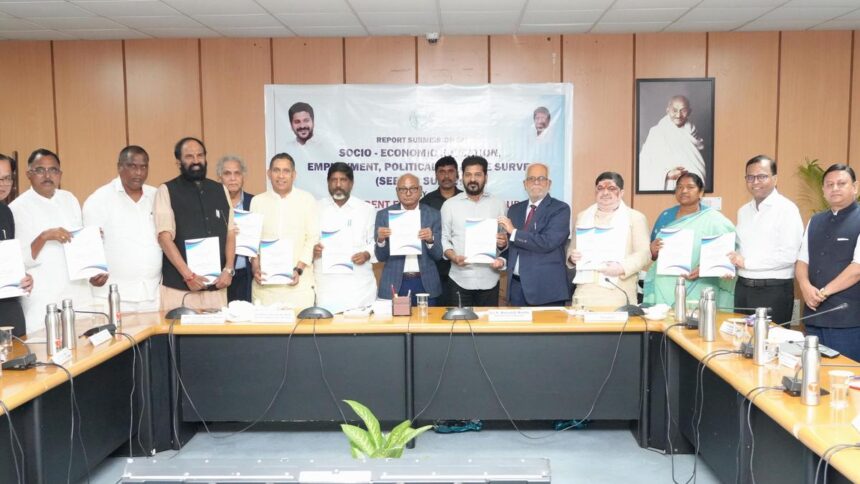The Bangalore Development Authority (BDA) has sought exemption from provisions of the Real Estate (Regulation and Development) Act, 2016, in a submission made to before the Karnataka Real Estate Regulatory Authority (RERA).
BDA claims that its functioning as a statutory body created under the Bangalore Development Authority Act, 1976, cannot be equated with that of private real estate developers.
The submissions were made in response to complaints filed against the BDA over delay in completing various projects, including the Nadaprabhu Kempegowda Layout (NPKL).
It is preliminary objection, the BDA argued that RERA lacks jurisdiction to hear complaints against the authority, and urged that the petitions be dismissed at the threshold.
The BDA claimed that it is duty-bound to act as an arm of the welfare state by providing affordable housing and development schemes to the people of Bengaluru. Subjecting it to RERA’s provisions, it contended, would hamper these welfare objectives and restrict its ability to deliver layouts and civic projects.
However, stakeholders of the NPKL are dissatisfied with the BDA’s submissions, calling the move a tactic to deflect attention from the core issue and to buy additional time.
M. Ashok, secretary of the NPKL Open Forum, alleged that the BDA is well aware that such claims will not hold, and is merely attempting to delay a discussion on the real concern — the prolonged delay in development. “These submissions were already made once in the past, and were not entertained by the then RERA chairman. Even in other States, such claims have not received a favourable response,” Mr. Ashok said.
The BDA has submitted a detailed response, citing multiple reasons that, according to the authority, should justify exemption from RERA jurisdiction.
Statutory mandate
The BDA states that it is a statutory body formed to carry out planned development of Bengaluru and its surroundings, with powers conferred under the BDA Act. According to its submission, the BDA Act is a self-contained code, empowering it to acquire land, form layouts, allot sites, and provide infrastructure facilities. These activities are governed by rules framed under the BDA Act and cannot be brought under the purview of RERA.
“Disputes between the authority and allottees, if any, must be resolved under these rules, and not under RERA provisions,” the BDA stated.
Not comparable to private developers
Distinguishing itself from private real estate promoters, the BDA stated that it operates not for profit, but in the public interest. “Private developers construct layouts and apartment complexes purely for commercial purposes. The BDA, on the other hand, undertakes development as part of its statutory duty and at rates much lower than market prices,” according to its submission.
The authority highlighted that it allots sites at concessional rates to people from economically weaker sections, Scheduled Castes, Scheduled Tribes, sportspersons, and ex-servicemen, fulfilling the welfare obligations of the State. It noted that such reservations cannot be expected from private developers, who function only on commercial considerations.
Land acquisition hurdles
Another major reason cited for delays is the complexity of land acquisition. The BDA said land required for projects is acquired under the principle of eminent domain, often leading to prolonged litigation by landowners. It said many parcels of land remain tied up in legal disputes for years, making it impossible to complete projects within fixed timelines.
“If BDA has to wait until all litigation is resolved before commencing work, projects will be indefinitely delayed and costs will escalate. This will defeat the very objective of providing affordable housing and layouts to the public,” the authority argued.
Public work and financial autonomy
Apart from housing layouts, the BDA executes large infrastructure projects such as flyovers, underpasses, and road construction. It argued that these activities require financial autonomy and flexibility. Bringing the BDA under RERA would mean registering as a promoter, depositing project funds in dedicated accounts, and restricting their use. The authority said such restrictions would severely hamper its ability to undertake city-wide infrastructure projects that go beyond housing.
BDA pointed out that its finances are audited by the government of Karnataka, and used not only for layouts but also for major civic projects. “Unlike private developers who use funds only for specific projects, the BDA is entrusted with broader public responsibilities,” according to the submission by BDA.
Special statute
The authority further argued that the BDA Act, 1976, is a special statute, while RERA is a general law applicable to the real estate sector. As per settled legal principles, a special statute prevails over a general one. Therefore, the provisions of RERA cannot override those of the BDA Act, it argued.
The BDA referred to past judicial observations that recognised the BDA Act as a complete code in itself. “When the legislature has already provided a comprehensive framework for BDA’s functioning, the applicability of another statute like RERA does not arise,” it argued.
The authority concluded its submissions by seeking dismissal of all complaints filed under RERA against the BDA, asserting that the regulatory body has no jurisdiction over its activities.
Published – September 02, 2025 01:58 pm IST





















